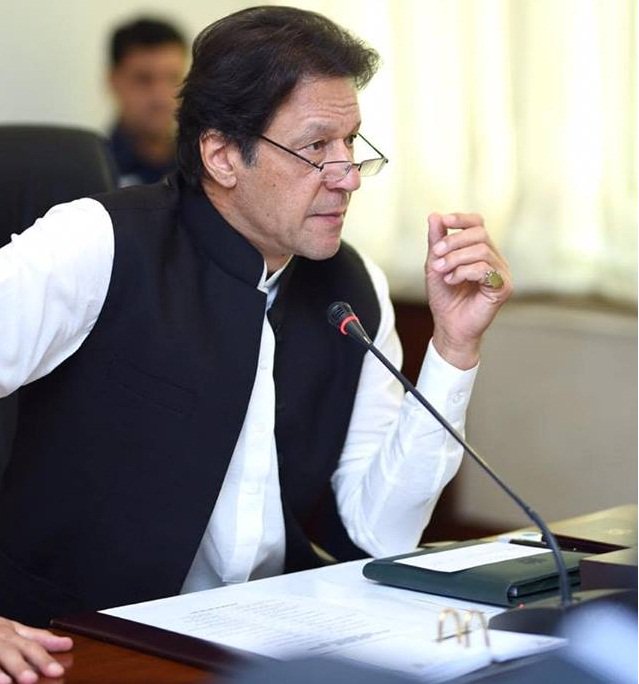
All deputy commissioners have been tasked with identifying benami assets in their areas and present a report.
In case any other benami asset is found after the report, the deputy commissioner or the head of development authority would be considered responsible and action would be taken against the concerned official under the benami law.
In the circular issued to all provincial chief secretaries by the prime minister, all officers have been directed to submit a report to the Federal Board of Revenue chairman by September 30 and a copy to the PM Office.
According to the PM Office, in the meeting held on August 20, 2019 regarding benami assets, the prime minister had stressed on steps to identify benami assets immediately and for the provincial governments to play an active role.
Earlier during the month, the FBR set up an Anti-Benami Initiative Directorate General to step up its crackdown on white-collar crime.
The FBR notified that the directorate and its officers would be authorised to seize luxury vehicles, offshore investments, bank accounts, stocks and shares.
The institutional framework of the directorate had been finalised and administrative powers delegated to the relevant officers and subordinates.
According to the FBR, anti-corruption agencies had failed to trace and document the real beneficial owners of benami properties because of a lack of proper regulation; therefore, the perpetrators could not be held accountable.
“However, in order to combat the menace of benami and take the spirit of accountability forward, the federal government has operationalised the Benami Transaction (Prohibition) Act, 2017, which was dormant since February 2017,” the FBR office order read.
“The FBR has been assigned the administration and implementation of this new stream of financial crime investigation and enforcement. This office order is aimed at streamlining of newly introduced anti-benami regime in Pakistan.”
The FBR noted that benami transactions, the entailing phenomenon of benami moveable and immoveable properties, bank accounts, luxury vehicles, off-shore investments and stocks and shares, were one of the biggest threats to the country’s taxation system compromising its economic viability.

















COMMENTS
Comments are moderated and generally will be posted if they are on-topic and not abusive.
For more information, please see our Comments FAQ